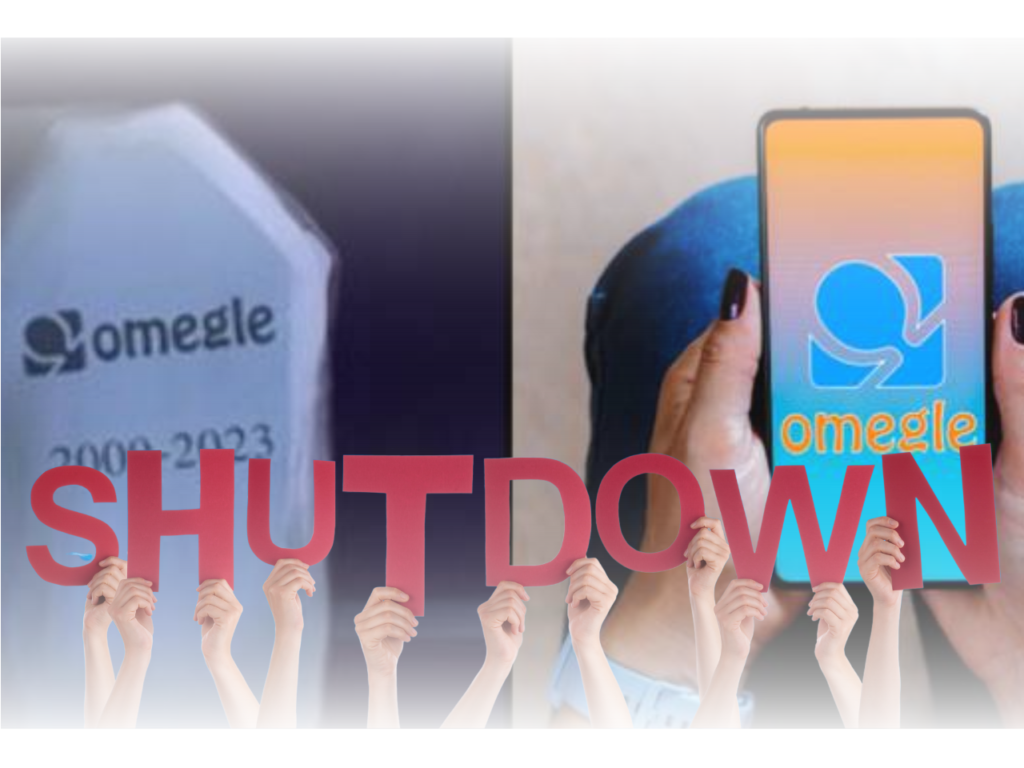Omegle, a well-known anonymous online chat service that has connected people worldwide for 14 years, officially announced its shutdown as of November 2023. This unexpected closure of a platform that facilitated spontaneous text and video chats has surprised its massive user base, which averaged 69.3 million monthly visits in Q1 2023. The shutdown has prompted significant contemplation about the future of online communication.
Omegle Founder’s Farewell: The Vision and the Burden
Leif K-Brooks, the founder of Omegle, outlined the profound reasons for this decision in a heartfelt farewell letter. He initially reflected on the internet as a truly magical place that broadened his horizons beyond his small-town upbringing.
Consequently, Omegle, launched when he was just 18, was his contribution to the ‘global village’ of the internet. In addition, it offered a unique form of social spontaneity and the chance to meet new people in a way not seen elsewhere.
The Undeniable Reasons for Omegle’s Closing
However, the harsh reality of operating Omegle proved to be unsustainable, both financially and psychologically, for K-Brooks. Despite its intended positive uses and the anonymity feature designed to enhance safety, Omegle was consistently and severely plagued by misuse for nefarious purposes.
Specifically, the platform became a hub for online predators, predominantly targeting children. This issue grew increasingly alarming, with reports of online sexual abuse targeting children averaging one every two days as of June 2023.
This widespread misuse, coupled with key challenges, ultimately led to the difficult decision to shut down Omegle:
- Financial Burden: The high costs associated with platform moderation.
- Legal & Stressful Cooperation: The immense psychological and legal stress of cooperating with law enforcement agencies globally.
The Future of Online Connection After Omegle
K-Brooks also expressed deep concerns about the general state of the internet. He noted that the online world he once fell in love with might be losing its essence. Furthermore, he remarked that the internet is increasingly under attack, and many online communication services, including Omegle, are reaching their breaking points. He feared a future where the internet becomes more about passive consumption and less about active participation and genuine human connection.
The closure of Omegle is a significant event in the digital world, therefore raising critical questions about the difficult balance between:
- Freedom of Expression
- User Safety
- The Responsibilities of Online Platforms
Ultimately, the Omegle shutdown highlights the severe challenges digital platforms face in moderating content and the impact of misuse on their long-term sustainability. As the online community reflects on Omegle’s legacy, it must also ponder the evolving nature of online interactions and the future of digital communication in an era where safety and privacy are paramount concerns.
See more tech news

